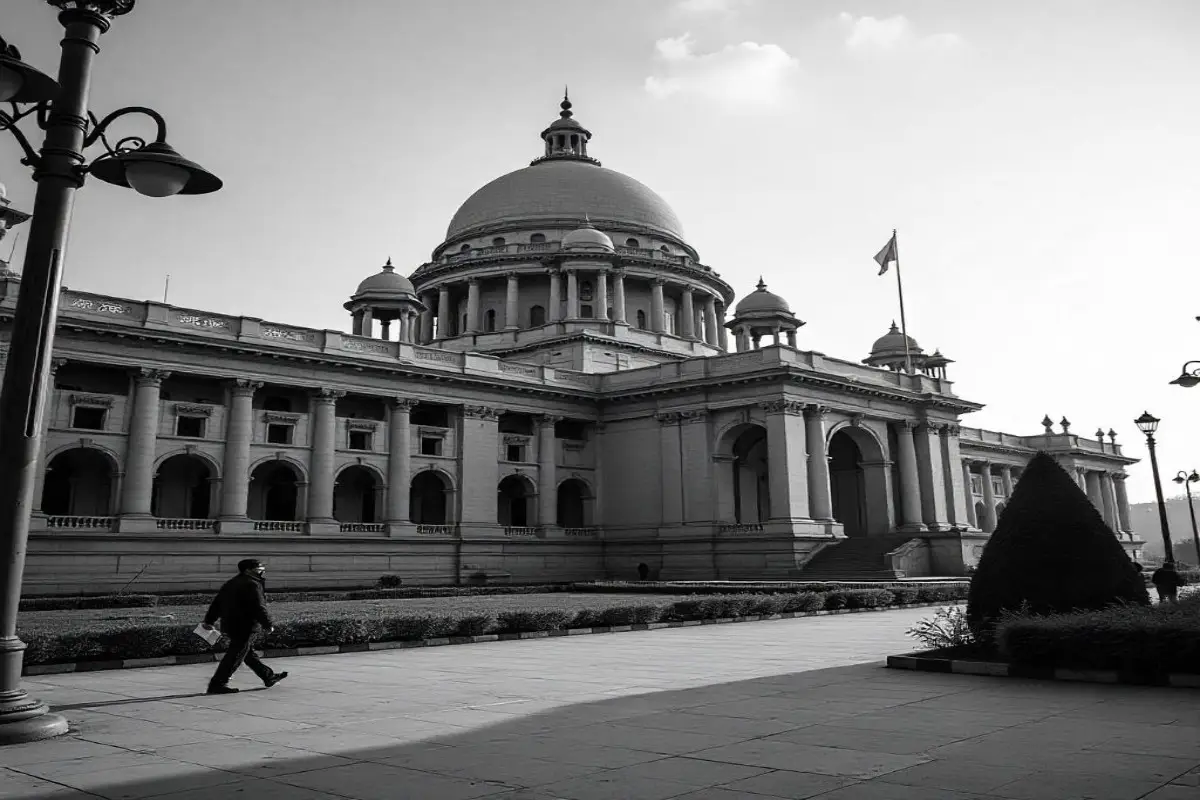🇮🇳 1. When Did the Cabinet Ministry Start in India?
📜 Historical Background:
The Cabinet system in India officially began on August 15, 1947, when India became independent from British rule.
However, the concept of a council of ministers dates back to the Government of India Act 1935, implemented by the British.
After the Constitution of India came into force on January 26, 1950, the Cabinet of Ministers became a constitutional body under Article 74 and Article 75.
2. What Is the Current Cabinet Ministry Number in India (as of 2025)?
📌 As of June 2025:
Total Union Council of Ministers: 72
- Cabinet Ministers: 30
- Ministers of State (Independent Charge): 5
- Ministers of State: 36+
This number can vary slightly based on reshuffles, resignations, or new inductions.
🧾 3. Roles and Responsibilities of Cabinet Ministers in India
✅ Cabinet Ministers
- They head major ministries (e.g., Home, Finance, Defence, Education).
- They are the senior-most decision makers in the Union Government.
- They participate in Cabinet Meetings chaired by the Prime Minister.
- Responsible for policy decisions, national programs, and implementation across the country.
Example: Nirmala Sitharaman as Finance Minister manages the national budget, taxation, economic policy, etc.
🧭 Cabinet Ministers & Portfolios
| Name | Portfolio(s) |
|---|---|
| Narendra Modi | Prime Minister; in‑charge of Personnel, Public Grievances & Pensions; Atomic Energy; Space; all unallocated portfolios. |
| Rajnath Singh | Defence |
| Amit Shah | Home Affairs & Cooperation |
| Nitin Jairam Gadkari | Road Transport & Highways |
| J.P. Nadda | Health & Family Welfare; Chemicals & Fertilizers |
| Shivraj Singh Chouhan | Agriculture & Farmers Welfare; Rural Development |
| Nirmala Sitharaman | Finance; Corporate Affairs |
| S. Jaishankar | External Affairs |
| Manohar Lal Khattar | Housing & Urban Affairs; Power |
| H.D. Kumaraswamy | Heavy Industries; Steel |
| Piyush Goyal | Commerce & Industry |
| Dharmendra Pradhan | Education |
| Jitan Ram Manjhi | Micro, Small & Medium Enterprises |
| Lalan Singh (Rajiv Ranjan) | Panchayati Raj; Fisheries, Animal Husbandry & Dairying |
| Sarbananda Sonowal | Ports, Shipping & Waterways |
| Virendra Kumar | Social Justice & Empowerment |
| Kinjarapu Rammohan Naidu | Civil Aviation |
| Pralhad Joshi | Consumer Affairs, Food & Public Distribution; New & Renewable Energy |
| Jual Oram | Tribal Affairs |
| Giriraj Singh | Textiles |
| Ashwini Vaishnaw | Railways; Information & Broadcasting; Electronics & IT |
| Jyotiraditya M. Scindia | Communications; Development of North Eastern Region |
| Bhupender Yadav | Environment, Forest & Climate Change |
| Gajendra Singh Shekhawat | Culture; Tourism |
| Annpurna Devi | Women & Child Development |
| Kiren Rijiju | Parliamentary Affairs; Minority Affairs |
| Hardeep Singh Puri | Petroleum & Natural Gas |
| Mansukh Mandaviya | Labour & Employment; Youth Affairs & Sports |
| G. Kishan Reddy | Coal; Mines |
| Chirag Paswan | Food Processing Industries |
| C.R. Patil | Jal Shakti |
🎯 Ministers of State (Independent Charge)
- Rao Inderjit Singh: Statistics & Programme Implementation; Planning; Culture
- Dr. Jitendra Singh: Science & Technology; Earth Sciences; PMO; Personnel, Pensions; Atomic Energy; Space
- Arjun Ram Meghwal: Law & Justice; Parliamentary Affairs
- Jadhav Prataprao Ganpatrao: AYUSH; Health & Family Welfare
- Jayant Chaudhary: Skill Development & Entrepreneurship; Education
